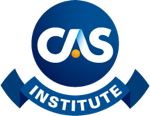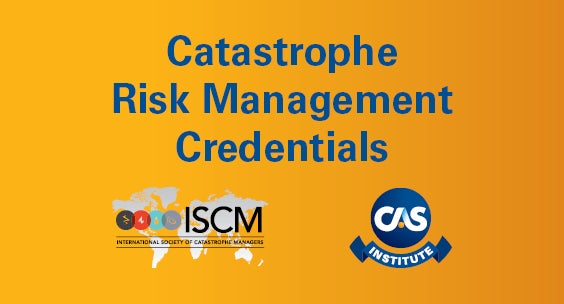Ethical Principles for Professionals
Adopted by The CAS Institute (iCAS) for iCAS Credential Holders and other iCAS Members
Preamble: The following ethical principles describe the expectations of members of The CAS Institute (iCAS) and the practice communities established by iCAS. These principles articulate the professional behaviors expected of our members. Serious and material actions that significantly violate these ethical principles will be considered in deciding whether someone shall continue to be a member or hold a credential of The CAS Institute.
A member of The CAS Institute (Member) understands and endeavors to uphold the following ethical principles with respect to the Member’s professional services and duties:
Integrity – To act honestly with high standards of integrity that are important to those who trust the Member’s professional opinion or work product. The level of trust that users of professional services and the general public place on professionals is affected by the collective integrity of such professionals, the reputation for truthfulness of their words and actions, and the status of the organizations to which they belong.
Competence and Qualifications – To perform the Member’s professional services and duties competently and with care, and to understand and respect the qualifications expected of a professional, such as specialized knowledge and expertise based on education and experience. When a Member refers to their professional certifications, designations, credentials or other qualifications, such as those issued by The CAS Institute, the Member represents, and is expected to have, a level of specialized expertise and competence that is appropriate for the intended tasks or duties.
Objectivity and Impartiality – To recognize and to avoid or mitigate conflicts of interest, bias or undue influence from others that could materially impact the Member’s professional judgment.
Confidentiality and Compliance – To protect the confidentiality of the information received in connections with the Member’s professional services and duties, and to understand and comply with applicable legal, government, industry or professional requirements, regulations and standards that are relevant to the Member or to those who rely on the Member’s treatment of confidential information.
Communication – To communicate clearly and effectively to those who rely on the Member’s professional services and duties. Effective communication is particularly important when the Member’s opinion or work can materially affect the understanding or decisions of those who need to appropriately comprehend the information and advice they receive from a Member.
Use of Work Product – To recognize and to avoid or mitigate material misuse or misrepresentation of the Member’s professional qualifications, opinion or work product, to those who rely on the Member’s professional services and duties.



